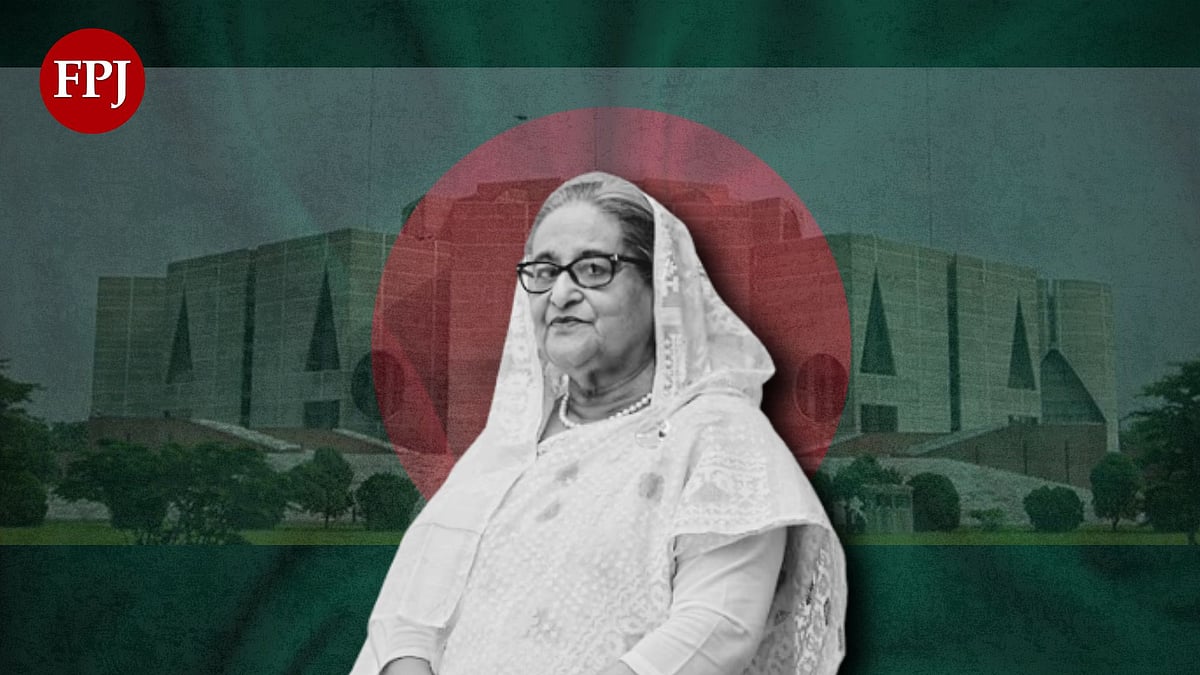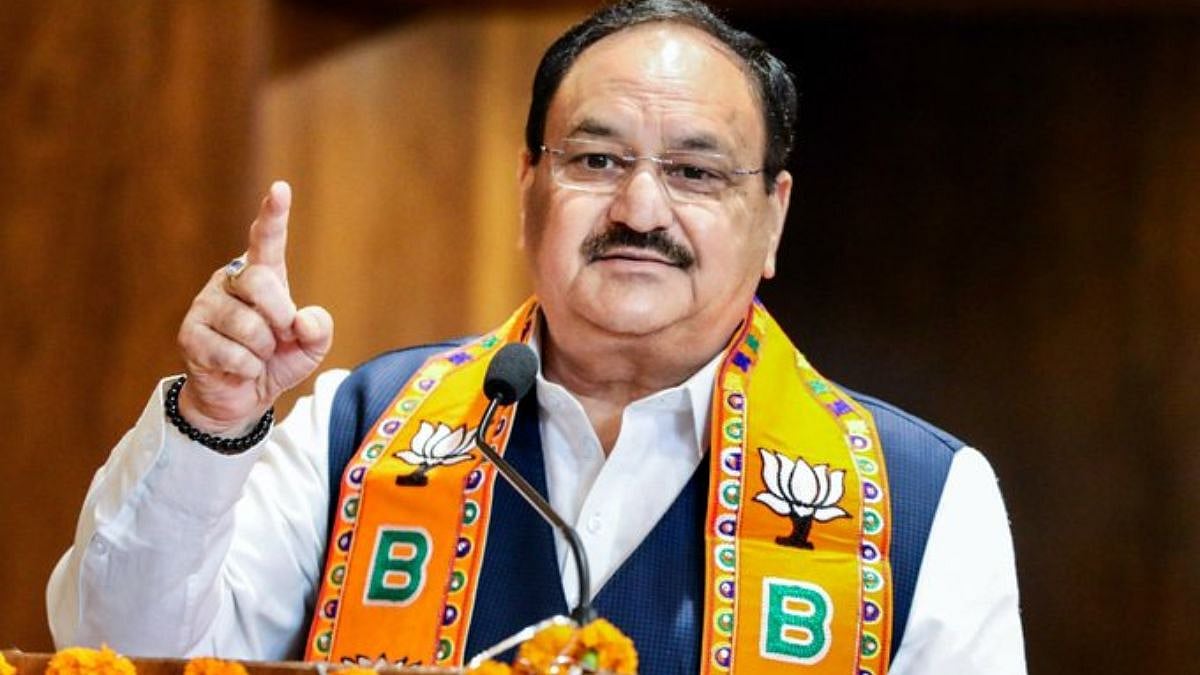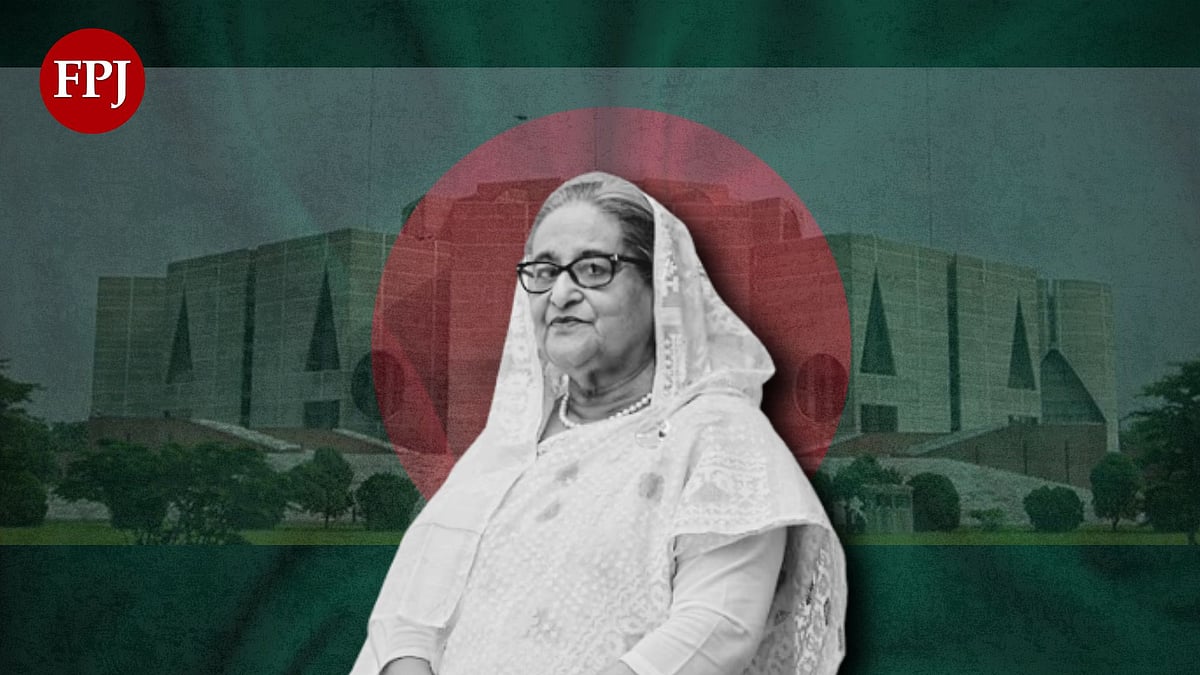The death sentence awarded to former Bangladesh prime minister Sheikh Hasina for her alleged role in the ruthless suppression of the 2024 student agitation, which claimed nearly 1,400 lives, has placed India in an unenviable diplomatic corner. The verdict, delivered by the International Crimes Tribunal after its provisions were controversially amended by the current dispensation, has intensified concerns about both the fairness of the trial and the political motivations behind it. Tried in absentia, Hasina has repeatedly argued that if at all she was to be prosecuted, it should have been before the International Court of Justice at The Hague, not a tribunal whose credibility has long been questioned. The Muhammad Yunus–led government, which replaced her administration after a mass uprising drove her from power, appears determined to exact swift retribution. The Tribunal concluded that Hasina had personally ordered police and military units to crush the protests with a heavy hand. Her supporters insist that the charges are exaggerated, even fabricated, and that the trial was little more than political theatre designed to eliminate the Awami League from Bangladesh’s political landscape.
Since her dramatic evacuation from Dhaka, Hasina has been living in India, which granted her asylum. Bangladesh has formally sought her extradition under a bilateral agreement enacted during Hasina’s own tenure. But the same pact contains a crucial clause allowing India to refuse extradition if it believes the charges or the punishment are politically motivated. New Delhi could reasonably invoke this provision, for the political nature of the trial is apparent to even the casual observer. The Yunus government insists Hasina was tried under Bangladeshi law and found guilty of grave offences. India, meanwhile, must weigh its legal obligations against regional stability and the safety of the former prime minister. Given the volatile atmosphere in Bangladesh, it is doubtful whether Hasina could safely appear before the Supreme Court to challenge her sentence. Any move to extradite her now could inflame tensions further.
India’s most prudent strategy may be to delay any decision until at least after the February elections. The verdict itself signals a broader plan: Yunus is pushing to hold parliamentary elections alongside a referendum on constitutional amendments, the third attempt in Bangladesh’s history to rewrite its constitution. The first two attempts sought to legitimise military rule; this one risks delegitimising the largest political party. If the Awami League is forced to boycott the polls, any constitutional mandate emerging from such an exercise will lack credibility. What Yunus presides over today is a stopgap arrangement. His foremost responsibility is to restore constitutional order and ensure free and fair elections—objectives that seem to be slipping away as political vengeance takes centre stage. His visible influence over the Hasina verdict reinforces the fear that Bangladesh is drifting further from democratic norms.









.jpg)
